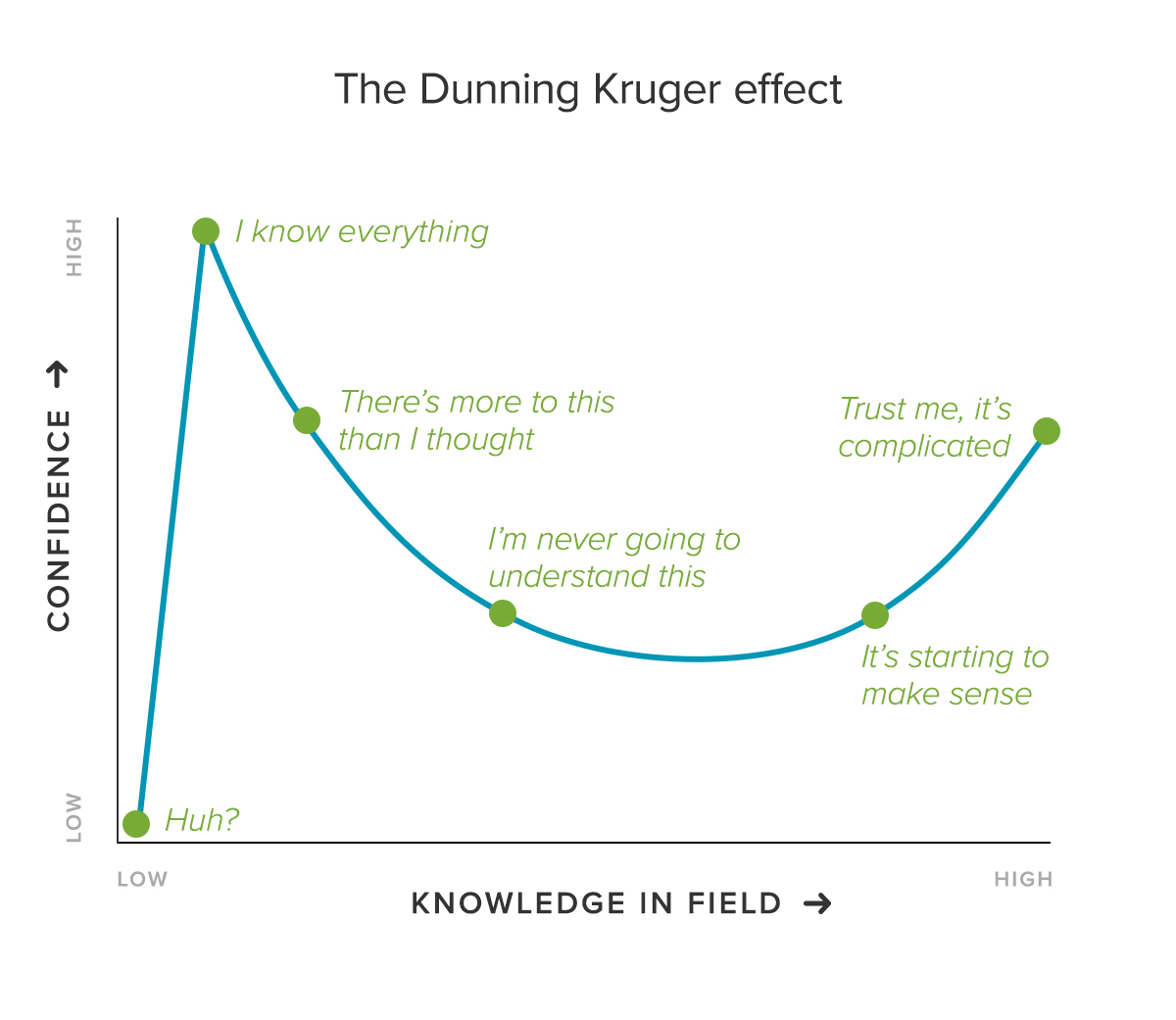Hey all,
So I'm looking to take an active step here to understand better some things that my straight/white/cis/middle-aged male brain has had a tough time wrapping itself around, particularly in the gender identity front.
I'm working from the understanding of physical sex as the bio-bits and the expressed identity as being separate things, so that part is easy enough.
What's confusing to me though is like this. If we take gender as being an expression of your persona, a set of traits that define one as male, female, or some combination of both then what function does a title/pronoun serve? To assume that some things are masculine or feminine traits seems to put unneeded rigidity to things.
We've had men or women who enjoy things traditionally associated with the other gender for as long as there have been people I expect. If that's the case then what purpose does the need for a gender title serve?
I'll admit personally questioning some things like fairness in cis/trans integrated sports, but that's outside what I'm asking here. Some things like bathroom laws are just society needing to get over itself in thinking our personal parts are all that special.
Certainly not trying to stir up any fights, just trying to get some input from people that have a different life experience than myself. Is it really as simple as a preferred title?
Edit: Just wanted to take a second to thank all the people here who took the time to write some truly extensive thoughts and explanations, even getting into some full on citation-laden studies into neurology that'll give me plenty to digest. You all have shown a great deal of patience with me updating some thinking from the bio/social teachings of 20+ years back. 🙂

FWIW there's significantly conflicting literature on whether there is any biological advantage whatsoever due to hormones if you wait enough time after starting hormones (1 year seems to be roughly the point at which advantages disappear, but there's vanishingly little studies on this) and importantly none of these studies take a deeper look at the population in world level competition sports. It would not surprise me in the least if individuals who make it to this level do not resemble non-athletes and thus may not have normal hormone profiles or other important biomarkers for which these hormones act upon. For example, myostatin related muscle hypertrophy is associated with a few specific genes and causes abnormal (excessive) muscle growth. The prevalence of mutations which contribute to this condition are higher among world class athletes (1, 2).
The hyper-focus on the effects of testosterone and the general distribution of size between the sexes is an extremely basic viewpoint of the issue at hand. Unfortunately, however, a basic viewpoint is all you need and that viewpoint can be extremely biased or skewed in order to push a polarizing viewpoint. It's not hard to find other metrics which support this viewpoint, such as the disparity in performance at a world level between the sexes, but even a cursory examination shows that this performance disparity has been decreasing over time and is smallest amongst sports and competitions in which both sexes get equal treatment with regards to spotting and developing athletic excellence (and the social ramifications of doing so) starting at a young age.